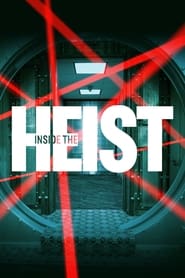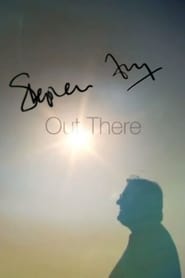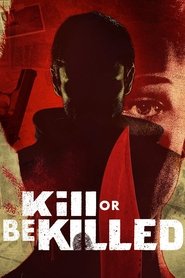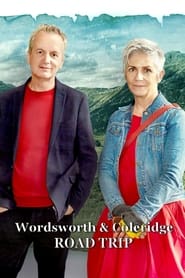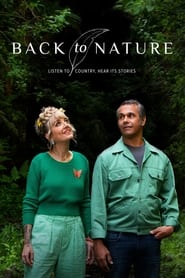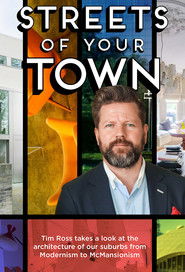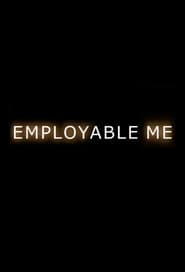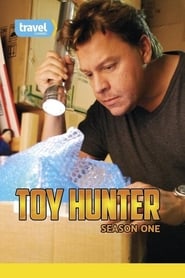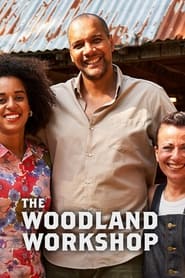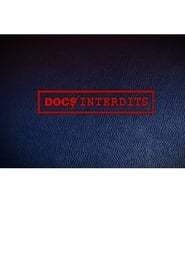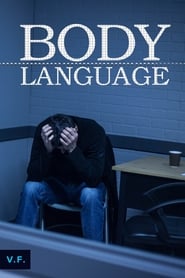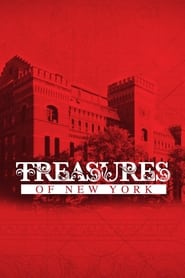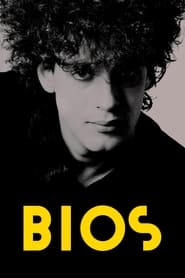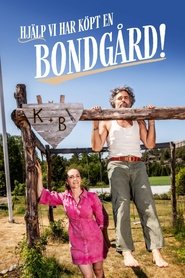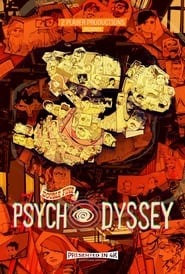Popular Documentary TV Series on Tub Tv - Page 306
-
Inside the Heist
2022
Inside the Heist
2022
star 6.2The stories behind the most daring and audacious robberies in the world. Explore the planning, the personalities and the ingenuity involved in walking away with untold riches. These are the boldest robberies carried out by the criminal elite. -
Stephen Fry: Out There
2013
star 6.5Stephen Fry explores first-hand how the lives of men and women in different communities across the globe have been impacted by their sexuality. He sets out to explore what lies beneath people’s prejudices and why some people feel so threatened by homosexuality. -
Kill or Be Killed
2024
Kill or Be Killed
2024
star 5"Kill or Be Killed" reveals the stories of those who lost their lives at the hands of someone they knew, who then claimed it was self-defense. In these complex cases, the lines between murder and justifiable homicide are blurred, making them some of the hardest cases to solve. When the killer is the best and sometimes only witness, investigators must scrutinize every other detail. Law enforcement, prosecutors and defense attorneys unravel every detail, from the harrowing stories, forensics, interrogations and witness statements that led up to the gruesome event in order to find answers. -
Wordsworth & Coleridge: Road Trip
2021
Frank Skinner and Denise Mina are hitting the road to explore William Wordsworth and Samuel Taylor Coleridge. Frank adores the verse of Wordsworth and focuses on what made William tick. Denise, the creator of dark and haunting fiction, concentrates on Coleridge, exploring what draws her to his unique and troubled imagination. -
Back to Nature
2021
Back to Nature
2021
A journey through the Australian landscape and the unique stories of the land, deepening our connection with nature. -
Streets of Your Town
2016
Streets of Your Town
2016
A look at the aesthetics of our suburbs. Tim Ross – comedian, broadcaster and aficionado of the Modernist era – is tour guide for this very personal journey exploring how and why our suburbs look the way they do. Travelling the country gaining unprecedented access to some of our most epic homes, meeting their owners, peeling back their history and revelling in their beauty Tim poses the question: from Modernism to McMansionism – how did we get here? -
Employable Me
2016
Employable Me
2016
star 6Britain's most extraordinary job seekers aim to prove that having a neurological condition, such as Tourette's or autism, shouldn't make them unemployable. -
Toy Hunter
2012
Toy Hunter
2012
star 7.2Toy Hunter is an American reality documentary television series on the Travel Channel that debuted August 15, 2012. The series encompasses the exploits of Jordan Hembrough, a toy dealer, who takes toy picking to a new level as he visits collections from some of the most popular cities on the East and West Coasts. In September 2012, Travel Channel announced the series' renewal for a second season, which consists of thirteen episodes. It airs in the United Kingdom and Ireland on Quest. -
Methanol
2018
Methanol
2018
star 6.5One shot – you get blind. Two shots – you die. It waits for you in tobacconist, in gift bag from your friend, at wedding… Do you know, what are you drinking? Case that connected police, courts, journalists and politicians. Real story, that can repeat anytime again. In the end of summer 2012, Czech republic was shocked by incidents, that public, detectives or attorneys don't remember. Alcohol made of mix of ethanol and deadly toxic methanol killed at least 38 people and harmed at least 80 in few weeks. -
The Woodland Workshop
2022
star 2A team of expert craftspeople build incredible items for community heroes. -
Docs interdits
2011
-
Body Language
2014
Body Language
2014
The series shows the use of investigation interview psychology, which observes non-verbal language of suspects during police interrogations to try to discover important clues. Through reconstitution, analysis and visual archives, it shows how experts of human behaviour could now decrypt micro-facial expressions or micro-movements from the suspects, as they looked for the truth. -
The Big Art Project
2009
The Big Art Project
2009
The Big Art Project is a UK-wide public art initiative funded by the Channel 4 and Arts Council England. The four part TV series was first broadcast on Sunday 10 May 2009 on Channel 4. The project also comprises a website centred on The Big Art Mob - designed to create the first comprehensive map of public art across the UK using photographs from people's mobile phones - and significant public art works such as Jaume Plensa's Dream in St Helens, Merseyside. The TV series was narrated by Bill Nighy. -
Treasures of New York
2012
Treasures of New York is a documentary series exploring New York City's premier cultural establishments, from The New York Botanical Gardens, to the Park Avenue Armory, and beyond. -
Bios
2018
Bios
2018
star 2A fascinating journey through the life and work of many Latin American music idols, by the curious gaze of young chroniclers, with access to exclusive footage. -
Unrigged
2024
Unrigged
2024
Author and community organiser Dave Meslin guides us through our political landscape to explore its most pervasive barriers and blindspots. Along the way he sheds some light on a collection of simple, creative and tested solutions to help remedy our broken democracy. -
Hjälp, vi har köpt en bondgård!
2020
star 7Brita Zackari and Kalle Zackari Wahlström have long dreamt of a new life, to leave all anxiety and stress of citylife behind and move to the countryside with their family. Now the dream has come true: Brita and Kalle have bought a little farm. -
Elizabeth Smart: Autobiography
2017
Elizabeth Smart explains her story in her own words and provides previously untold details about her infamous abduction and nine-month nightmare in the grasps of her cruel captors. Now 29 years old, she shares the perspective she gained through the ordeal and how she has moved past it to focus on marriage, motherhood and advocating for others. -
Double Fine PsychOdyssey
2023
star 9.52 Player Productions and Double Fine Productions present Double Fine PsychOdyssey, an unprecedented documentary experience seven years in the making. Ten years after the release of their flagship video game Psychonauts, Double Fine Productions returns to its most celebrated franchise with Psychonauts 2. Now facing the pressure to produce a worthy sequel, the studio must confront overly ambitious designs, poor morale, technical challenges and financial woes, all during a turbulent span of time for the world. Double Fine PsychOdyssey is the direct continuation of the acclaimed series Double Fine Adventure, and offers even deeper insight into the passion, humor, and heartbreak of video game development. -
Deeper Throat
2009
Deeper Throat
2009
 Netflix
Netflix
 Amazon Prime Video
Amazon Prime Video
 Apple iTunes
Apple iTunes
 Apple TV Plus
Apple TV Plus
 Disney Plus
Disney Plus
 Google Play Movies
Google Play Movies
 Paramount Plus
Paramount Plus
 Hulu
Hulu
 HBO Max
HBO Max
 YouTube
YouTube
 fuboTV
fuboTV
 Peacock
Peacock
 Peacock Premium
Peacock Premium
 Amazon Video
Amazon Video
 The Roku Channel
The Roku Channel
 AMC+
AMC+
 Kocowa
Kocowa
 Hoopla
Hoopla
 The CW
The CW
 Vudu
Vudu
 Starz
Starz
 Showtime
Showtime
 PBS
PBS
 Pantaflix
Pantaflix
 FXNow
FXNow
 Tubi TV
Tubi TV
 Kanopy
Kanopy
 Comedy Central
Comedy Central
 Crunchyroll
Crunchyroll
 Microsoft Store
Microsoft Store
 Redbox
Redbox
 Sun Nxt
Sun Nxt
 ABC
ABC
 DIRECTV
DIRECTV
 Crackle
Crackle
 Fandor
Fandor
 Plex
Plex
